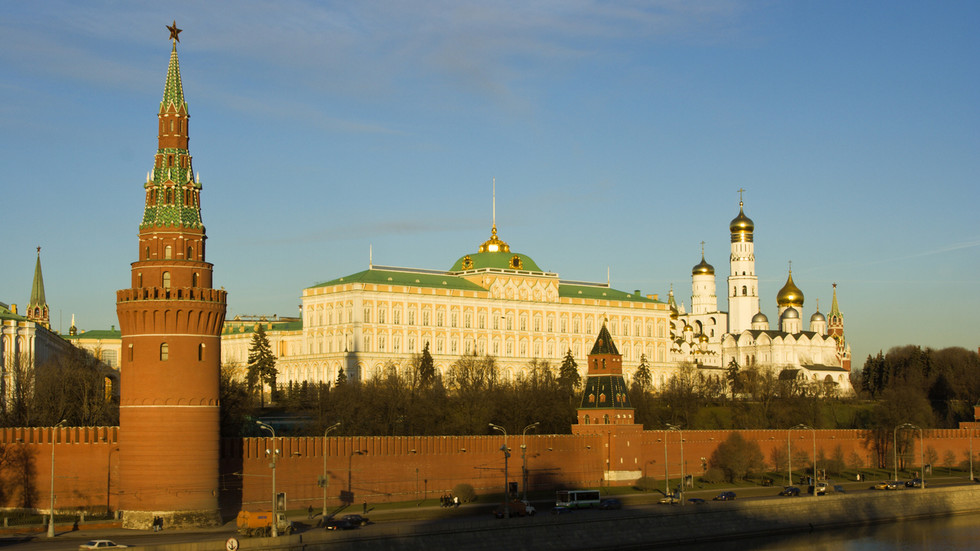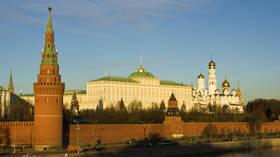
Moscow believes that Yerevan’s decision to ratify the Rome Statute was “incorrect,” a Kremlin spokesman has said

FILE PHOTO. © Getty Images / Bolot
Russia considers the Armenian people intrinsically allied with Russia and is concerned by the country’s leadership, which is pushing a policy that Moscow considers harmful to bilateral relations, Kremlin spokesman Dmitry Peskov said on Tuesday.
“We will have additional questions for the incumbent Armenian leadership,” Peskov said, after the Caucasus nation’s parliament ratified the Rome Statute, the treaty that gives legal authority to the International Criminal Court (ICC).
“We communicated our concerns to the Armenian side beforehand. We have been skeptical from the very start that this is the correct decision in terms of bilateral relations,” he said, adding that Moscow continues to believe the move was an “incorrect decision.”
He rejected the justification that the government of Prime Minister Nikol Pashinyan offered for fully joining the treaty.
Moscow considers the ICC a politically biased body that abuses its mandate on behalf of Western powers. In March, the Hague-based body issued arrest warrants for two Russian officials, including President Vladimir Putin, for alleged kidnappings of Ukrainian children, which Moscow dismissed as absurd.

Read more
Armenia signed the Rome Statute in 1999, but suspended its ratification in 2004, when the document was deemed incompatible with the nation’s constitution. The accession process resumed in late 2022 following deadly border clashes with neighbor Azerbaijan.
Yerevan has claimed that the Collective Security Treaty Organization (CSTO), a regional mutual defense bloc that includes Russia in its ranks, failed to defend Armenia during last year’s skirmishes when it declined to intervene militarily and opted for de-escalation efforts instead.
Pashinyan has repeatedly criticized the CSTO, saying Armenia would have to seek protection elsewhere. The ICC, he suggested, could prosecute Azerbaijani “war crimes” on Armenian soil.
Peskov dismissed this on Tuesday, saying that the “instruments of the CSTO and the Russian-Armenian partnership are absolutely indispensable.” He added that the Armenian side “has no better options.”
The ratification law was passed by the Armenian parliament 60 votes to 22. Two opposition factions boycotted the debates in protest but showed up to cast their votes against the proposal.
READ MORE: ‘CIA cutouts’, big money grants and biolabs: The depth of US interference in Armenia explained
Yerevan believes it can defuse tensions with Moscow through bilateral agreements and has claimed that its submission to the authority of the ICC has nothing to do with Russia.




